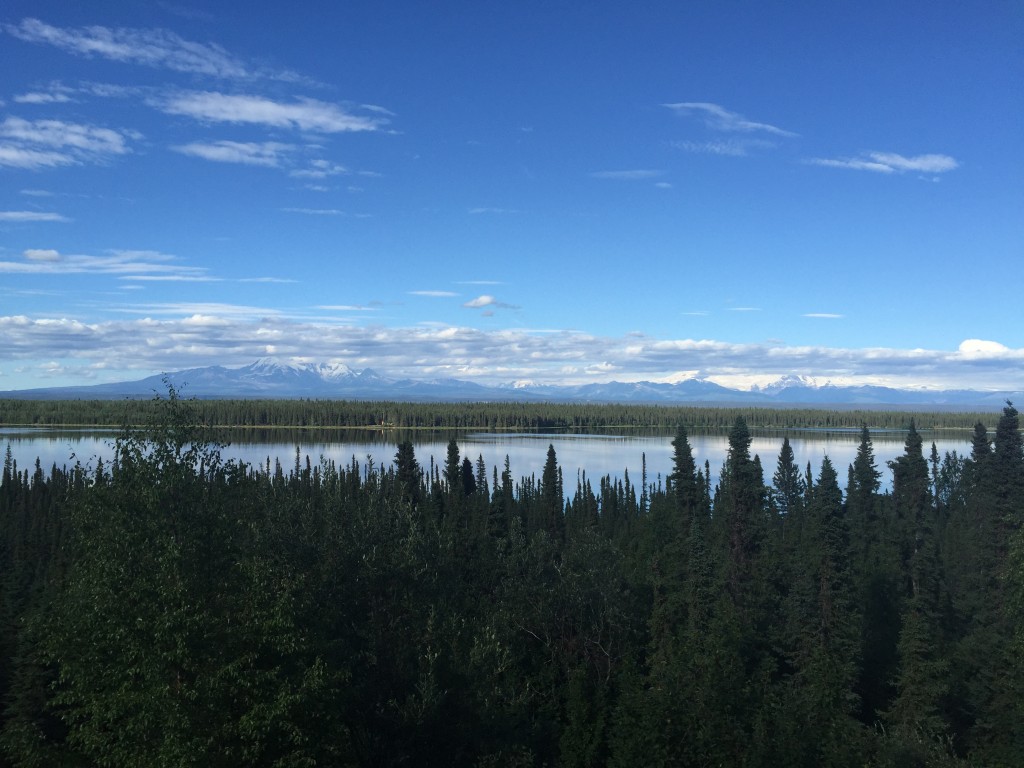Northern Arizona University’s Center for Ecosystem Science and Society will receive nearly $3.5 million to research changes in the Arctic and their impacts on ecosystems. The grants support the work of two researchers, Ted Schuur and Michelle Mack, who joined NAU last fall.
For Schuur, a professor of ecosystem ecology, a grant from the U.S. Department of Energy will continue his research near Alaska’s Denali National Park.
“We are trying to simulate the climate of the future by artificially warming up tundra,” Schuur said. His team has constructed five-foot-tall fences to block wind and create snow drifts that insulate the soil and permafrost, which maintains warmer temperatures.
In the spring, the team will remove the fences and the snow, accelerating and deepening the soil’s thawing process, which Schuur said is expected to happen as the climate warms.
Compared with the Earth’s atmosphere, Schuur said twice as much carbon is stored in permafrost, the frozen Arctic soil. That carbon is made up of plant and animal remnants stored in soil for thousands of years. His research, which may span a decade or more, will further understanding of how much carbon will end up in the atmosphere as permafrost continues to thaw.
A new project led by Mack, also a professor of ecosystem ecology, will measure the effects of fire intensity on soil and permafrost through support of a grant from NASA.
More than 5 million acres burned in Alaska during fire season this year, releasing vast amounts of carbon into the atmosphere and potentially changing the forest landscape, Mack said. “When there were fires in the distant past, new forest would grow and permafrost was able to refreeze because the system recalibrated, but now, the permafrost may not return in a warmer climate.” In collaboration with Schuur, Mack uses radiocarbon dating to measure the effects of past fires on soil.
Mack also will continue her research on nitrogen with the support of the National Science Foundation. Nitrogen, another element released by thawing permafrost, promotes growth of trees and other plants. In turn, plants take carbon dioxide from the atmosphere, potentially offsetting some of the negative effects of a warmer climate, she said.
The research funds are part of $8 million in newly awarded grants that support Northern Arizona University’s Center for Ecosystem Science and Society. Collaborating institutions include the University of New Mexico, the University of Alaska Fairbanks, the University of Oklahoma, the University of Florida, Lawrence Berkeley National Labs and the Woods Hole Research Institute.



